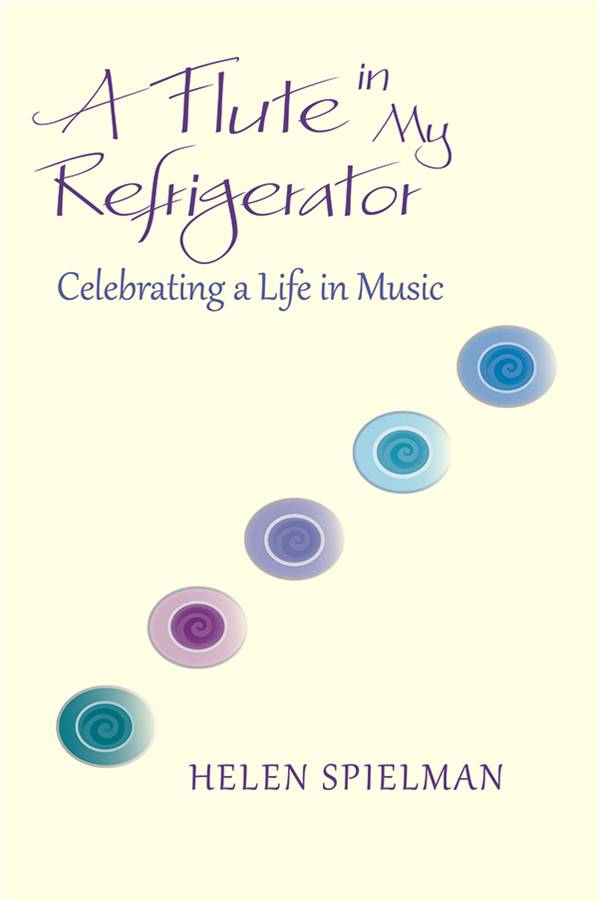Self-Compassion and High Performance Standards: Are They Compatible?
Negativity Bias of the Brain
Why do we find it so easy to be kind and caring to our friends when they fail at a goal, but so difficult to do the same for ourselves? The natural brain has what is called a negativity bias: simply, negative events are more dominant than positive ones. Prehistorically, it was more important for early humans to notice a dangerous animal than to perceive a beautiful flower. Even when children are disciplined in a loving way, they might interpret parental or teacher signals to mean something bad. Consequently, the percentage of negative thoughts the average person thinks every day is approximately 80%. While this is normal, it is not helpful for a musician who needs to develop self-confidence. Our task as adults is to change that negativity bias, and this is entirely possible due to the brain’s ability to be changed (neuroplasticity).
Will We Become Lazy Bums If We Practice Self-Compassion?
This is a big concern that is often expressed by my clients who believe that only by being hard on themselves can they accomplish anything. Indulgence is a short-term pleasure: is this the same as a long-term harm? For example, if you get a massage or let yourself move on after an error, isn’t this really helping you rather than something you can’t afford? You don’t need to let a negativity bias take over. Compassion is always aimed at well being.
Is Self-Berating the Only Way to Get Your Practice Done?
Self-berating produces stress. It causes your body to shut down, your mind to lose faith in yourself, depression, and illness. Self-criticism makes you afraid of failure. Instead, when we soothe ourselves via self-compassion, we feel safe and we calm down our nervous system. Only in an internal environment of safety, positivity, relaxation, and support can we ever truly grow or learn productively. Research shows that self-compassionate people are just as likely to have high standards, that they are better able to see possibilities for change, and can actually take those steps for themselves.
As Kristin Neff states, self-compassion is a more effective motivator than self-criticism, because the driving force of self-compassion is love, not fear. Self-criticism asks: Am I good enough? Self-compassion asks: What’s good for me?
Are You Being Self-Critical Right Now Because You’re Not Self-Compassionate?
When I ask this question at my self-compassion workshops, everyone laughs, which tells me that the answer is “yes” for most people. If this is true for you, try being self-compassionate for your self-critic. Your self-critic may be trying to keep you safe, but it is doing this in a futile way.
Other Results of Self-Compassion
One of the most consistent findings in the research is that self-compassionate people tend to be less anxious and depressed, which means that self-compassion protects us from anxiety and depression. When we stop judging and evaluating ourselves, we don’t need to worry so much about others’ approval. We work from internal rather than external motivation. When something goes wrong, as it often will, we don’t think that we are abnormal if we’re not perfect. We don’t imagine something is wrong with us. Imperfection is supposed to happen, just as there are shadow and light in the world.
We don’t need to get rid of stress. Small amounts are motivating and part of real life. We have deadlines, recitals, auditions, concerts, and competitions. The trick is not to create overwhelming stress.

